It’s easy to feel hurried and rushed at the pace of our modern lives. The demand for attention and time is ceaseless, with work, family, and personal responsibilities vying for every moment. But being time efficient and maximizing our days doesn’t mean we must sacrifice our quality of life. Instead, it’s about managing our time effectively so we become more time efficient and improve our productivity and overall satisfaction with life.
Time efficiency essentially means using your time wisely so the time spent yields the most productive outcomes. When discussing becoming more time efficient and maximizing your time, we aren’t necessarily discussing squeezing more tasks into fewer hours. It’s about using effective time management to prioritize what’s truly important in your life and workday.
The Different Ways To Measure Time Efficiency
Don’t be fooled into thinking that being time efficient simply means filling every minute of your day with tasks. It’s about making the best use of time, ensuring that working time translates into meaningful progress for your business or personal growth.
Track a worker’s duration on each task and whether they can complete tasks faster over time. This metric can reveal everything from skills growth to potential areas for improvement. Efficiency isn’t solely about speed. It’s crucial to maintain a high-quality standard of output. Striking a balance between fast and quality work is the mark of efficiency.
Consistently high productivity levels indicate efficiency. Note periods of low activity throughout your day to find your most and least efficient times. Efficiently using resources, including your time, can also signal efficiency.
Are you able to achieve more with less?
Once you establish your efficiency metrics, consider time management’s role in boosting efficiency. Whether you want to achieve long-term goals or have an optimally productive day, developing time management skills can help you manage your time more efficiently.
Work-Life Balance Approach For Full-Time Working Parents
Balancing professional and personal lives is challenging for everyone, but it’s exceptionally challenging for working parents who are trying to juggle career demands and family responsibilities. These individuals may often feel overwhelmed. But with efficient time management and a strategic approach, it’s possible to boost productivity without getting the job done at the expense of personal time.

Below are five tips to help working parents balance work and family life:
- Track Your Time: Use time-tracking software to analyze how you’re spending your time during the day. This is one of the best ways to identify time wastage and the tasks taking longer than expected. Through this, you can work on strategies to complete your tasks faster, maximizing your work efficiency.
- Prioritize and Allocate: Not everything that needs to get done has equal urgency or importance. Make a daily schedule and prioritize your tasks. This helps reduce time wastage and ensures ample time for work and family.
- Establish Time Limits: One way to become time efficient doesn’t just involve focusing on work. Set time limits for tasks and hold to them. This tactic decreases stress levels, prevents burnout, and minimizes wasted time.
- Create a Productive Work Environment: An organized work environment free of interruptions immensely improves efficiency. If you’re working from home, create a specific workspace and tell your family members not to disturb you during working hours.
- Learn to Say No: It’s equally important to learn to say “no” to tasks or responsibilities that don’t align with achieving your goals or your current work schedule. This way, you ensure the efficient use of your time.
The Practical Ways To Achieve Balance
Regardless of how efficient people are, everyone has the same 24 hours daily. Therefore, it’s not about finding more time but making the most efficient use of our time. Here are some personal tips:
- Make the Most of a Productivity App: Technology can help you better manage your tasks and time. An app like Asana or Trello can help you organize and keep track of your work tasks.
- Time Tracking: Use a time tracking tool or even just a simple notepad to jot down how you spend your time. Tracking your time gives you a quantitative view of where your hours go – helping you identify patterns and iron out inefficiencies.
- Start with a Morning Routine: One of the best ways to stay productive is to have a solid morning routine that sets the mood for the entire day. This routine could include exercise, meditation, or planning your day.
- Set Aside Personal Time: It’s essential to allocate time for relaxation and leisure. Remember, being time efficient doesn’t mean you’re always working.
- Set Realistic Goals: Don’t pile too many daily deadlines and tasks. Remember that setting too many targets can lead to disappointment when they don’t get accomplished.
- Family Time: Designate ample time for family without any work interruptions. This approach will help to refresh your mind and keep you focused when it is time to focus on work.
Efficient time management is equally important in achieving a satisfactory work-life balance, especially for working parents. Balancing work and family life can occasionally feel like a tightrope, but it’s achievable with the appropriate time management approach.
Struggling With The Balance — The Common Challenges
Achieving a perfect balance between personal and professional life can often be challenging despite the best intentions. Many people struggle with managing their time effectively, leading to stress and burnout. Focusing on and completing tasks on schedule can be hard, with numerous tasks vying for attention.
It’s easy to blur the lines between work and personal life, especially with the rise of remote work. Setting clear boundaries on when and where work is done can be a challenge. From social media to personal obligations, handling distractions throughout your day can disrupt focus and productivity.

Inadequate time management skills can lead to high-stress levels, negatively affecting work performance and personal relationships. Many people often feel guilt when focusing on work at the expense of their personal life, or vice versa. Dealing with this guilt and the accompanying emotional stress can be a significant challenge.
To overcome these challenges, try refining your time management strategies, seek help when needed, set strict boundaries, and remember that taking time for personal care is okay. These practices can significantly improve your work-life balance and overall well-being.
Balancing Productivity With Quality Of Life
The ultimate goal of effective time management is not just efficiency at work but also a satisfying quality of life outside of it. It’s about creating a sustainable work-life balance where you remain productive without feeling constantly stressed or burned out.
Here’s how good time management can help improve the quality of your life:
- Reduces Stress: Managing time effectively can reduce stress by helping you feel more in control of your day.
- Creates Time for Leisure: Effective time management allows you to allocate time for relaxation and leisure activities.
- Improves Focus and Concentration: When you are not in a rush, you can stay focused and concentrate on the task at hand.
In conclusion, becoming time-efficient involves deliberate strategies and conscious choices to manage your time, avoid procrastination, focus on important tasks, and use your time wisely to improve your productivity and balance your life.
It’s a journey that requires continuous learning and refinement, but the payoff – a healthier, more productive, and satisfying life – is worth every effort.





0 Comments